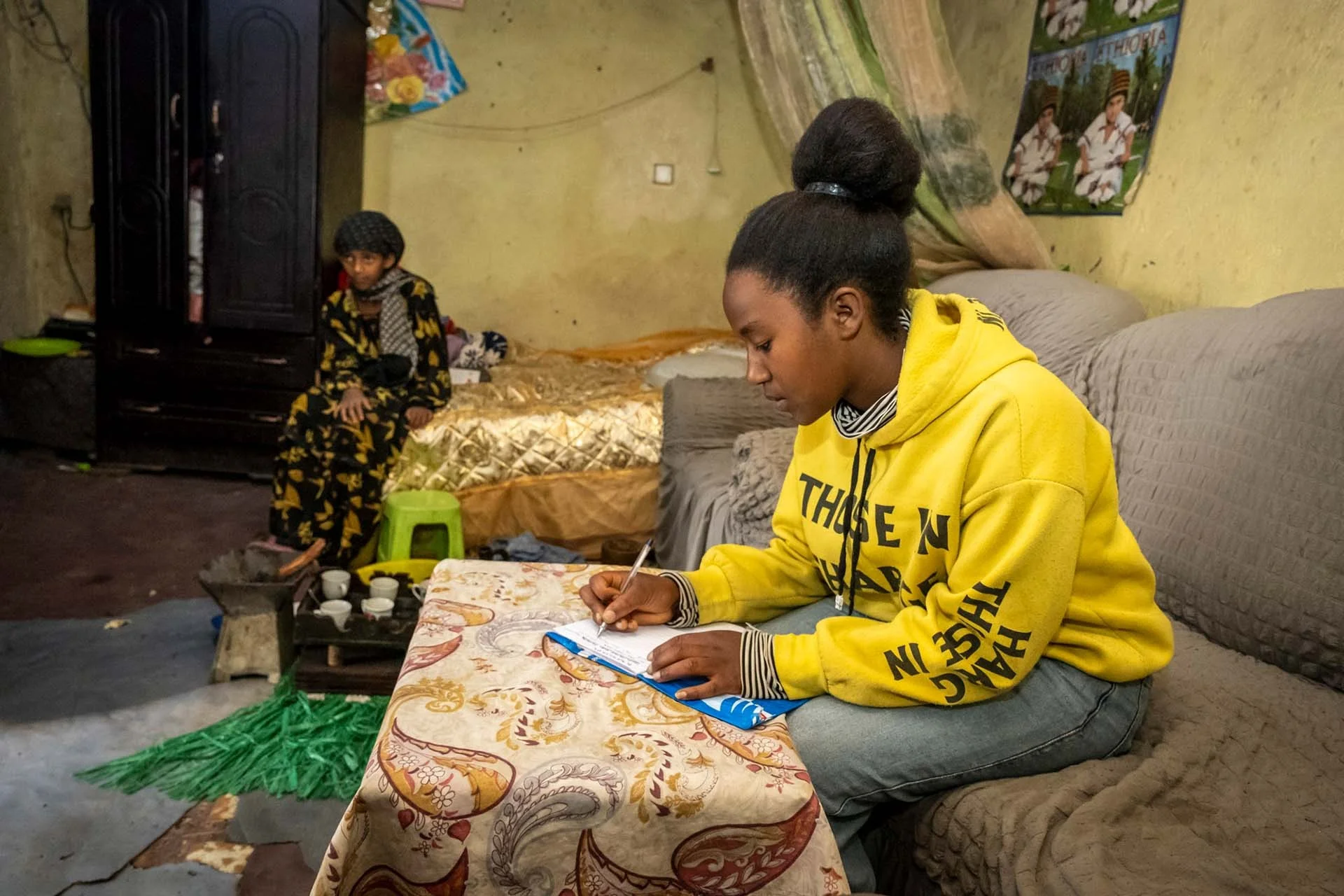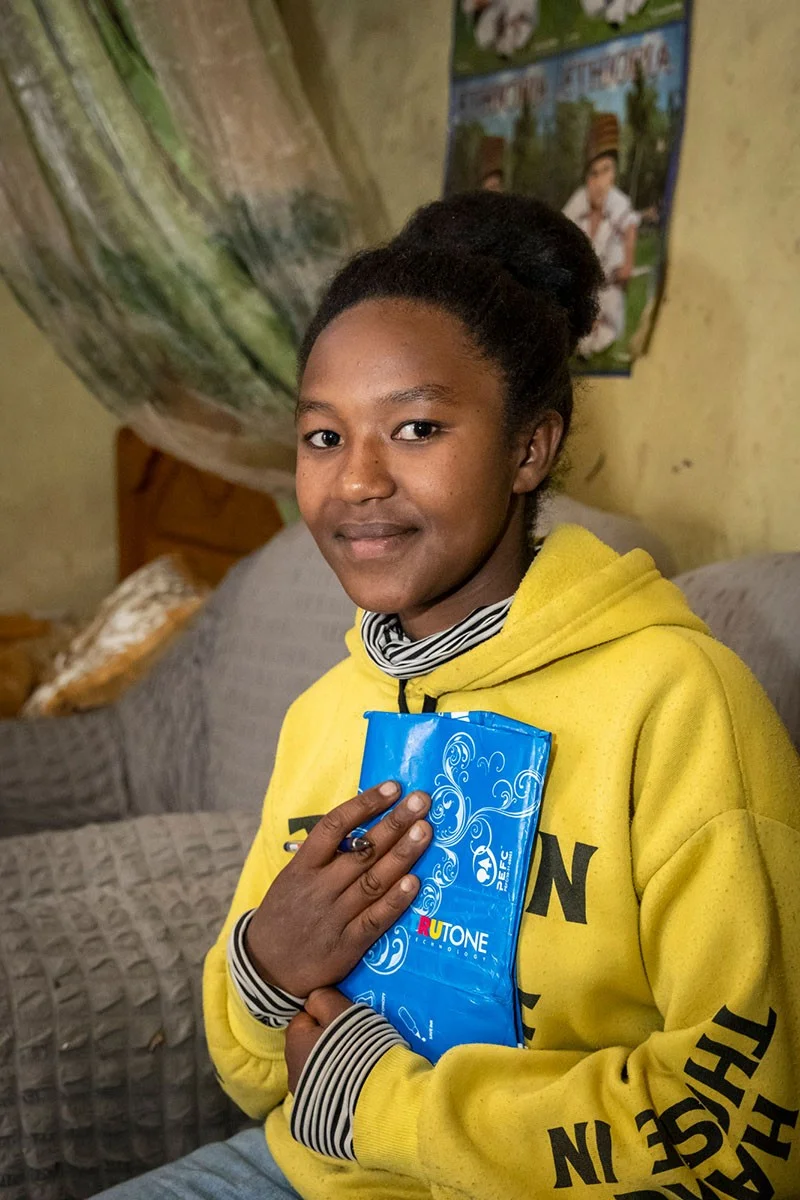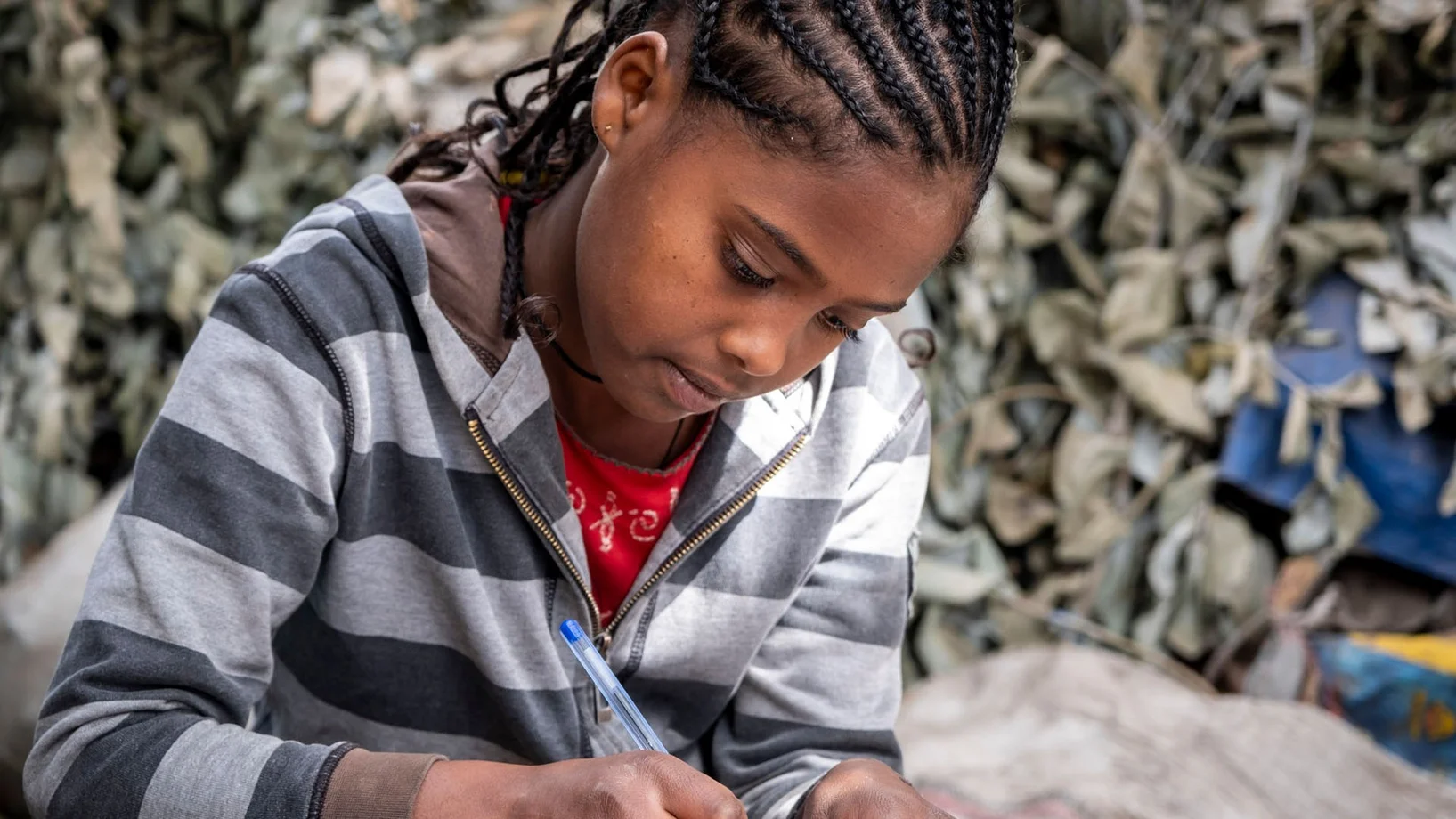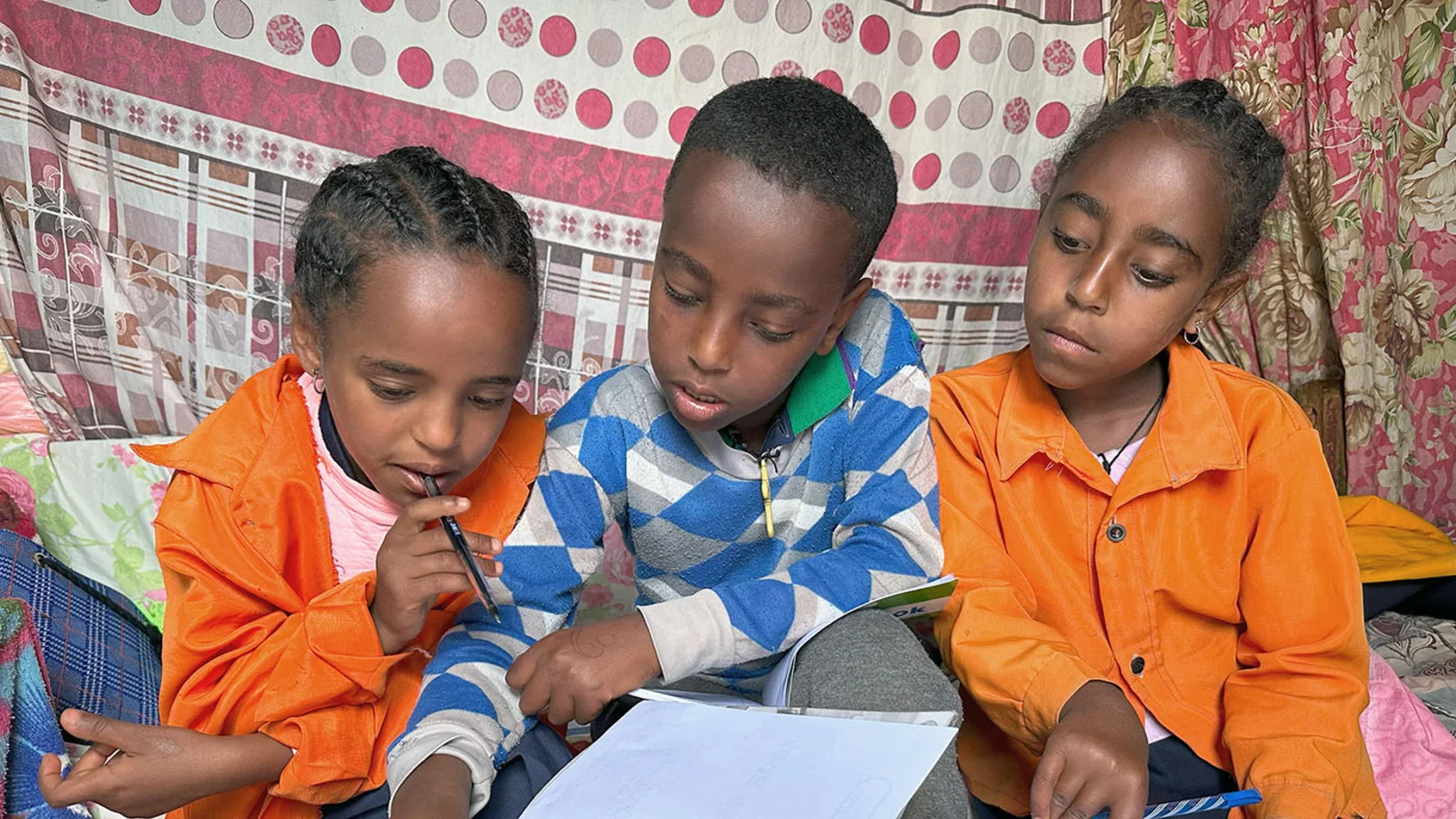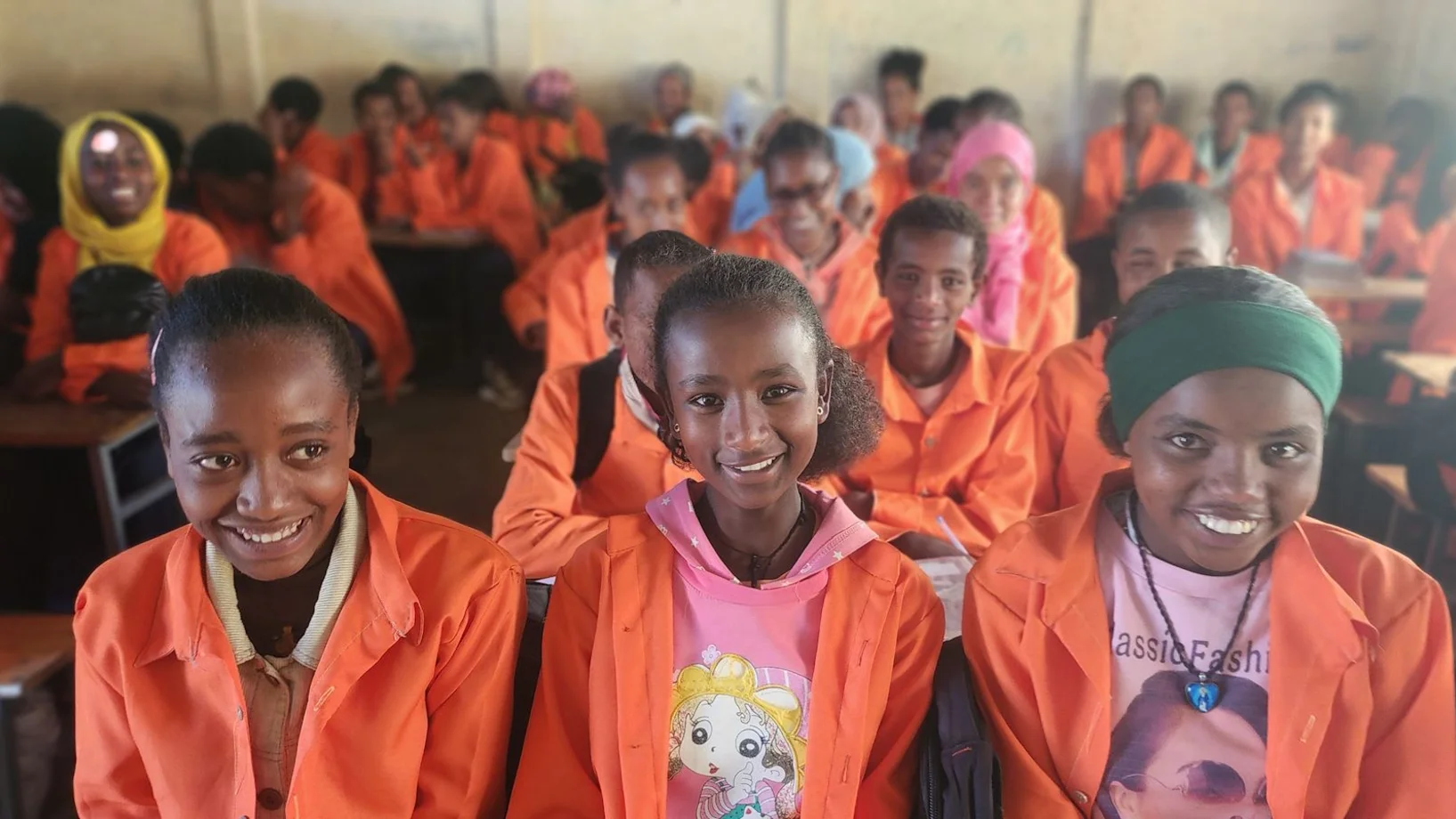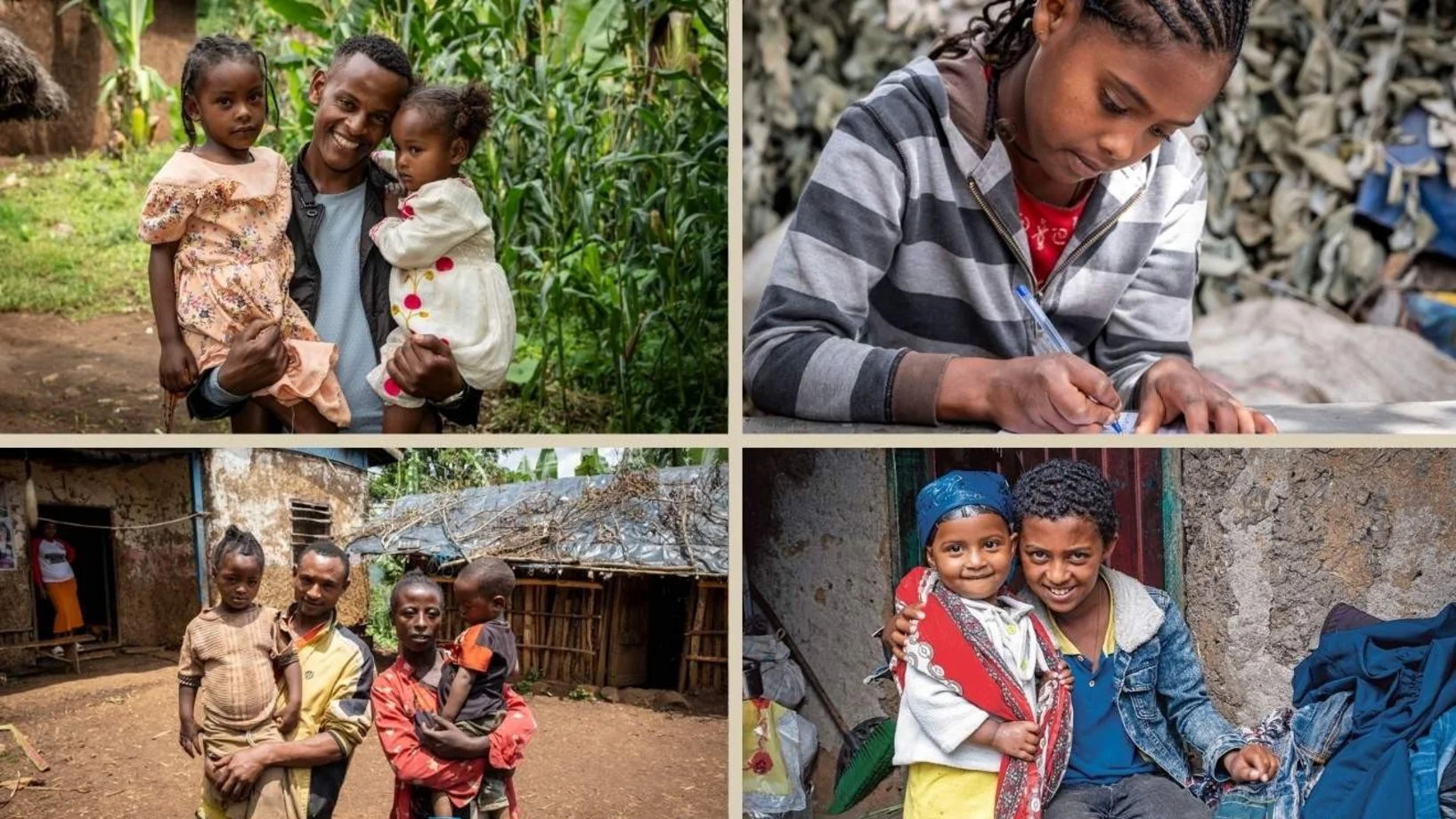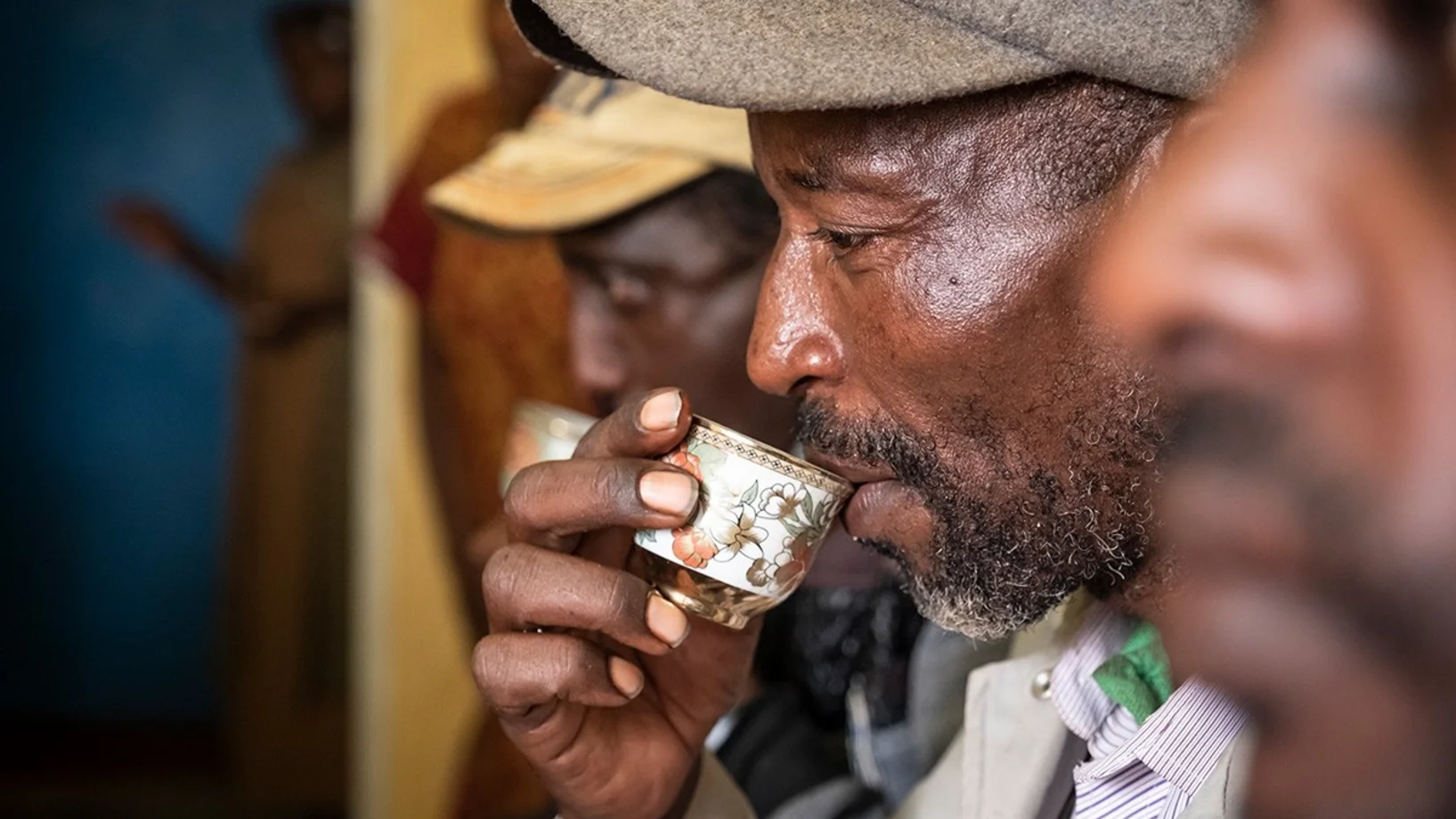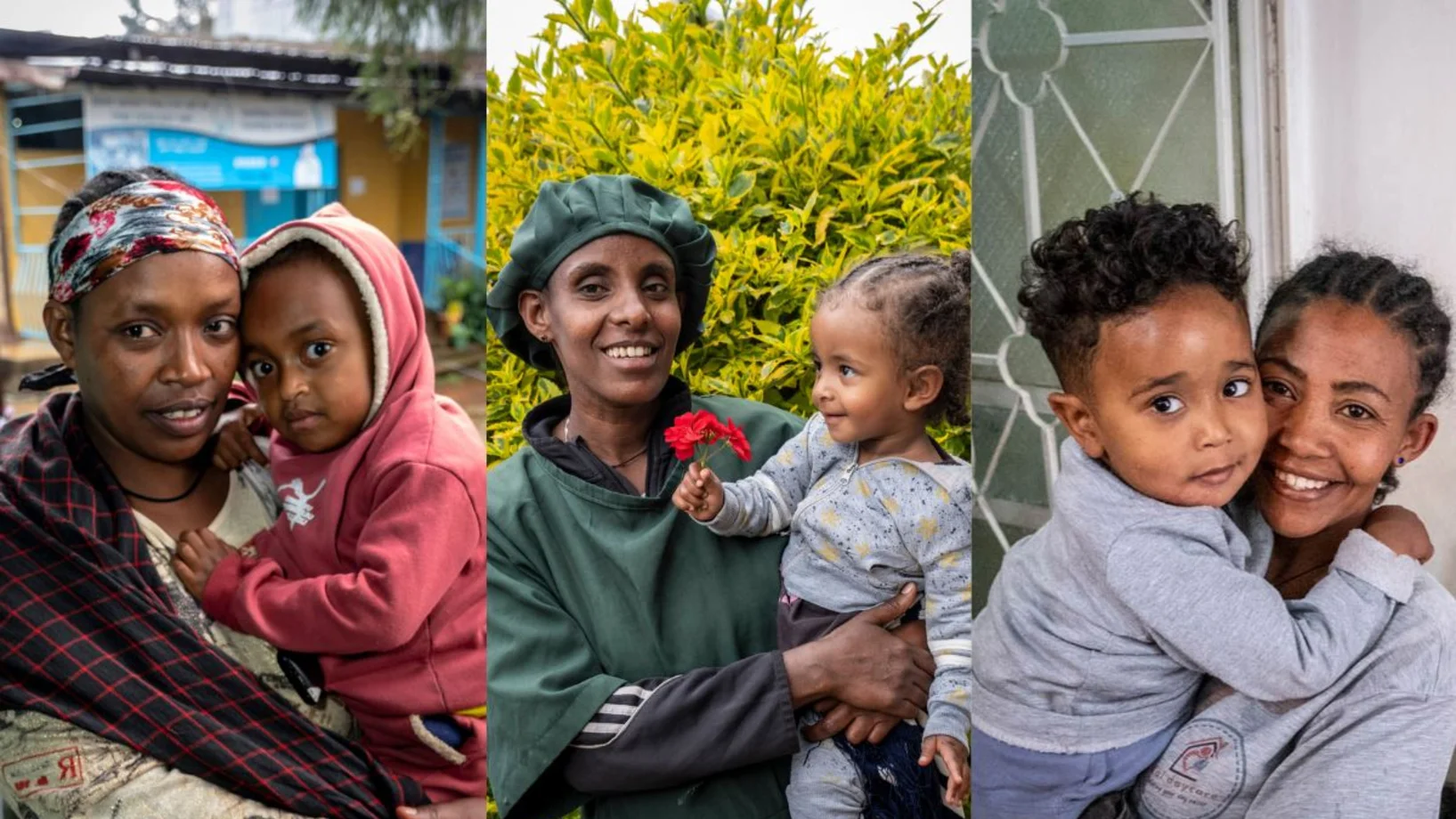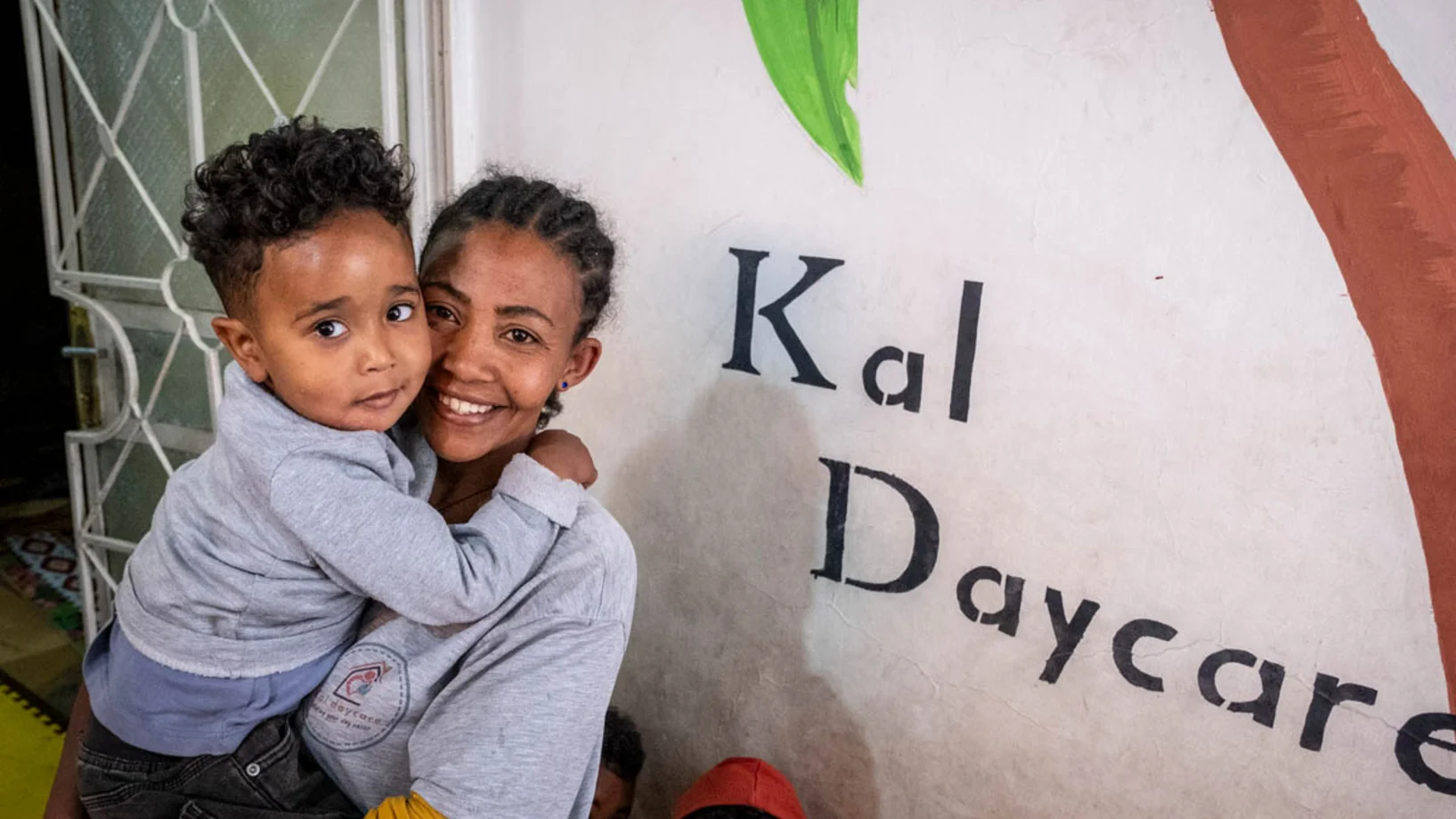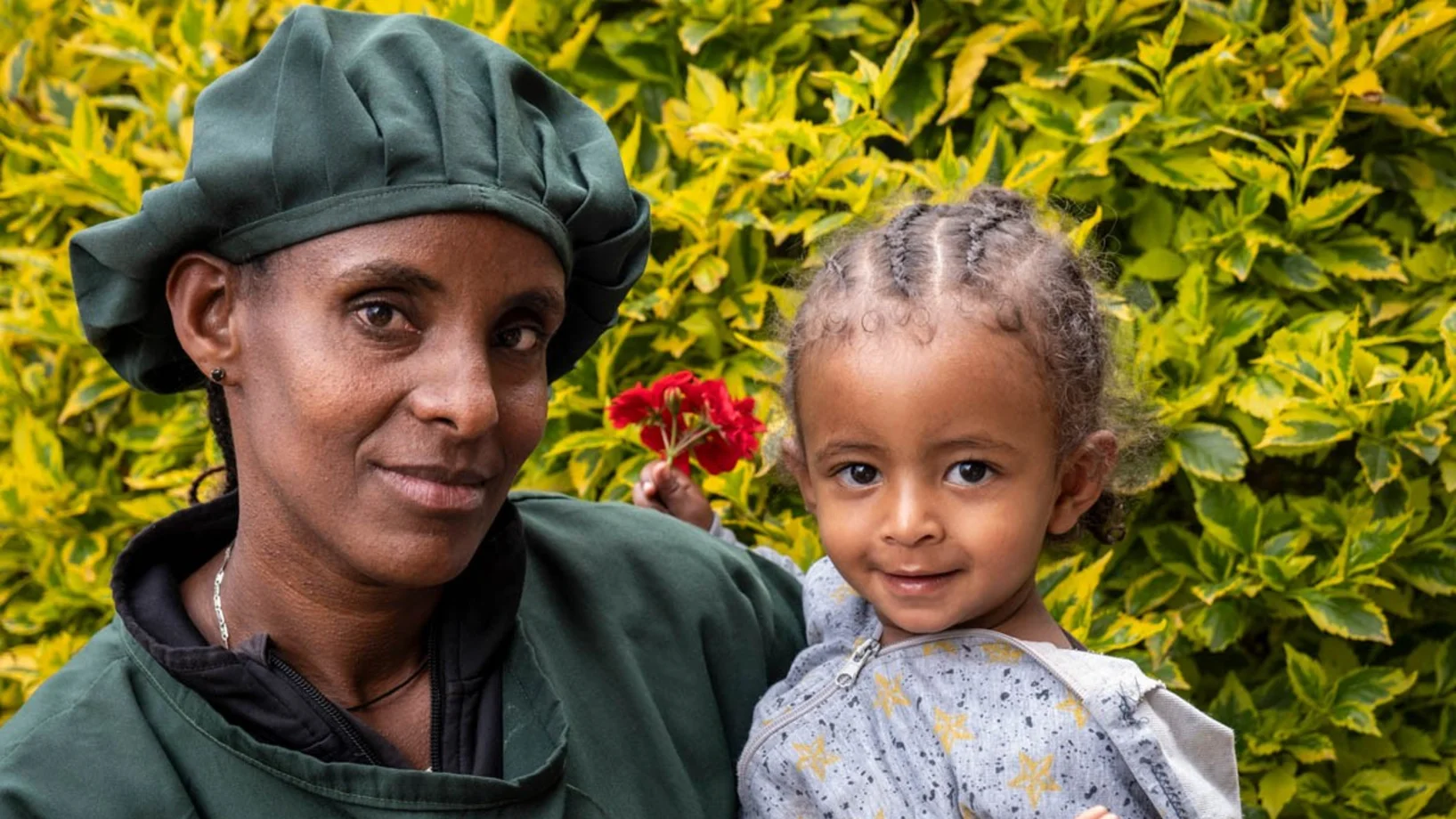«I write myself strong»
Denkuwa understood early on that not everything in life is explained. Through writing, she finds stability, reflects on her experiences, and looks courageously forward.
I keep a diary. Not because I have to, but because it helps me. When I'm sad or angry, I write. When I dream something I can't tell anyone—because others might laugh at it—I write it down.
My aunt was like a mother to me. When she died about eight years ago, I didn't understand what had happened. No one explained it to me. For a long time, I wondered when she would come back. Only later did I understand: She wasn't coming back.
After her death, her daughter Aberash took me in. She has three children. Her life is difficult. Her children have different fathers. One is dead, one has disappeared, one doesn't care for his daughter. Aberash works hard. We used to survive on leftovers, which we begged for in hotels and the university cafeteria. Today, Aberash sells used clothing at the market. She has received training and a microloan through the Menschen für Menschen children's project. A lot has changed since then. For me too.
I get support at school. Judit, the social worker, taught me how to better deal with my feelings. And I realized that writing is my strength.
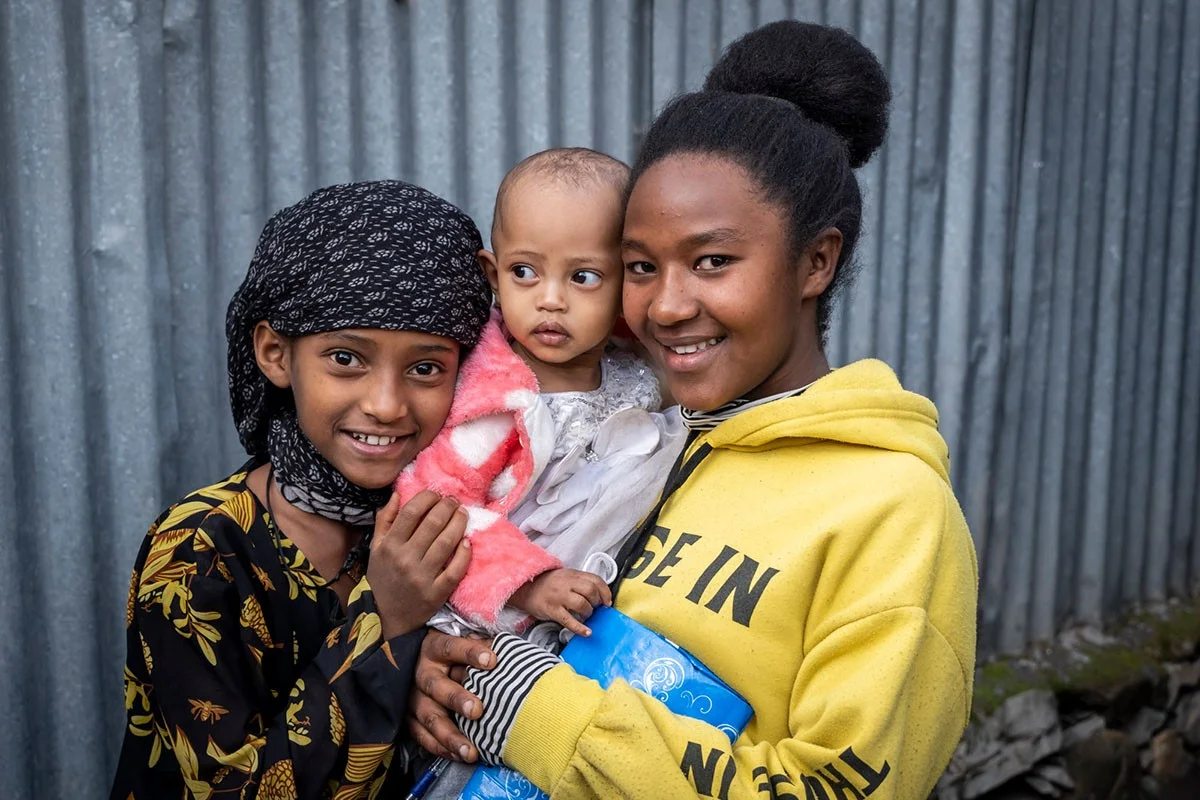
When I was little, I begged for food in restaurant kitchens. I knew it helped my family. I wrote in my diary: One shouldn't think badly of people who beg. No one knows their suffering. I dream a lot. I want to be a dancer. Or an actress. Maybe even a dance teacher. My teachers say I have talent. I love being on stage.
I'm also doing well at school. Last year, I was third best in my class. I like science. Maybe I'll become a doctor. Or a tour guide. I'd like to travel, see new things, discover other countries. But until now, I've never really been away. I've never left Debre Berhan. I've only visited three old churches in the area—that was my biggest trip so far.
My real name is Dinkenesh, my baptismal name—which is also the Ethiopian name of Lucy, the famous prehistoric skeleton. I want to learn more about Ethiopia. And maybe later about other countries. I want to see where life takes me.
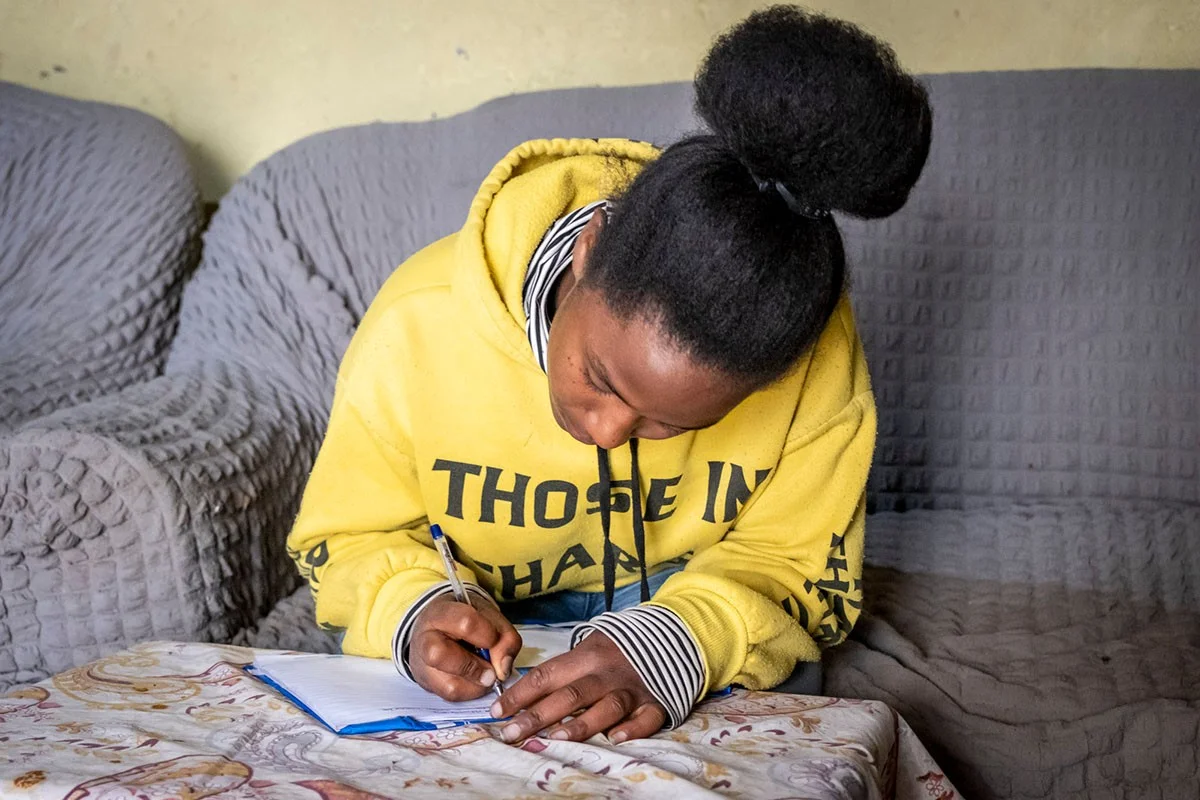
Once, the children's project invited us to a hotel. I used to get leftover food there. The security guards would yell at me and send me away, sometimes even kicking me. But thanks to the children's project, I was now standing at the buffet—allowed to choose what I ate. I was invited. I was welcome. It was the best day of my life.
When I read my diary, I see a girl who is vulnerable. And strong. A girl who can listen. Who thinks. Who perseveres. I see myself. And I like this girl. Very much.
Twelve-year-old Tebka also keeps a diary. She shares some of her thoughts with our readers:
